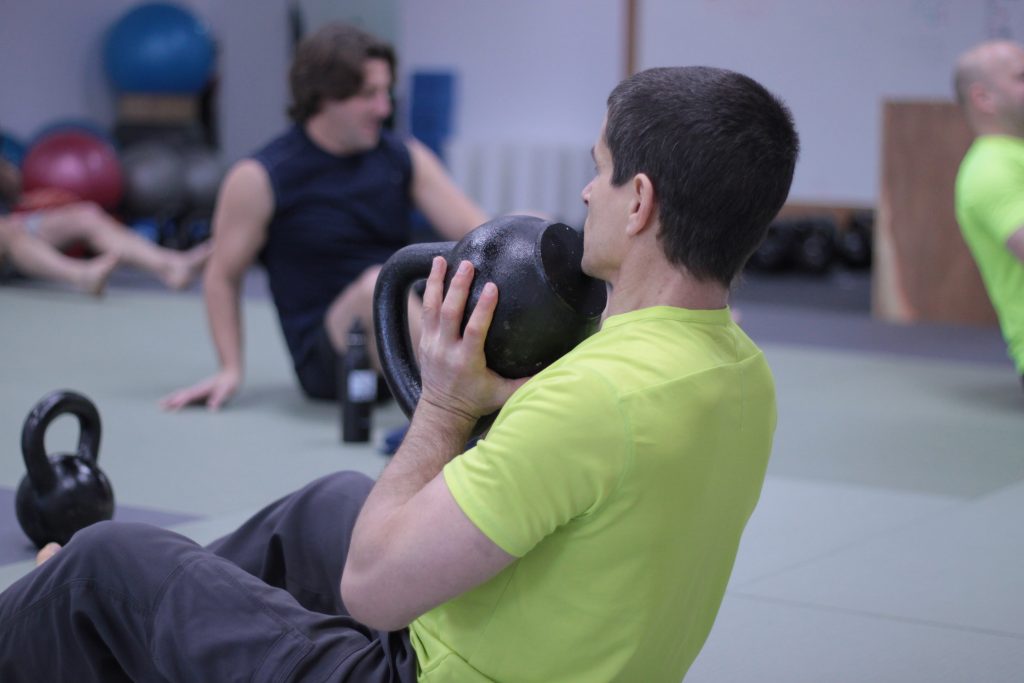Over three decades ago Natan was training to be a fighter pilot in the Israeli Defense Force. One of the most important exercises one had to practice and learn how to handle, was an “engine cut” (engine failure). That was the term used to refer to a situation where the engine fails while in the middle of a flight. When this scary situation happens, the pilot must glide his plane at the optimal rate, which results in the least loss of elevation, to make it to a safe landing location.
This scenario was popularized in 2016 by the movie Sully. The movie was based on a true story where a passenger jet lost its engine power just after takeoff. The plane was not very high and could only make it to land in the Hudson River.
The higher a plane is when an engine cut occurs, the farther it can glide and the more options it has with respect to finding a safe landing site.
Our health follows the same logic. The healthier you are at the peak of your life journey, the more you can handle as you encounter life’s “engine cut”. This can apply to many aspects of our health. For women, an obvious analogy is bone density. As women age and enter menopause, they lose bone density at an increasing rate. A woman can increase her bone density prior to this (or slow it down during) by adding weight-bearing exercise. And no, little dumbbells don’t really help… sorry. Increasing one’s bone density significantly reduces the chance of broken bones as one ages.
Similarly, for men a logical analogy is muscle mass. As men age, they lose about 10% of muscle mass per decade starting around age 35. For the bankers among us, this is compounded every decade, so do the math! The medical term for this is sarcopenia. By age 80, men naturally lose more than 50% of their muscle. This muscle loss is correlated with early death and many injuries. So, the more muscle one has (no need to take to the extreme), and the more one exercises with weights, the slower the rate of loss.
In a more general sense, for people of all genders, the healthier you are in mid-life, the more “altitude” you can afford to lose as you age. This means a good diet that supports your circulatory system – blood vessels and heart. A diet that does not promote hardening of the arteries and plaque build up, the better. This means not drinking too much alcohol to avoid liver damage and inter-abdominal fat build up. And of course, exercise. Exercise hard and add weights. This will strengthen the heart and the muscular system throughout the body. All these things together increase your “health altitude” and provide a buffer for the inevitable bumps along the flight path that is life.
As you know. There is no need for fancy machines or complex programming. Just make it into Vancouver Mind-body Centre regularly and you will give your body the altitude it needs.
This analogy is not our original idea. Should you want to dig deeper, see the writings of Dr. Paddy Barrett.

